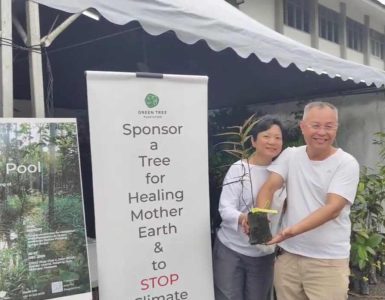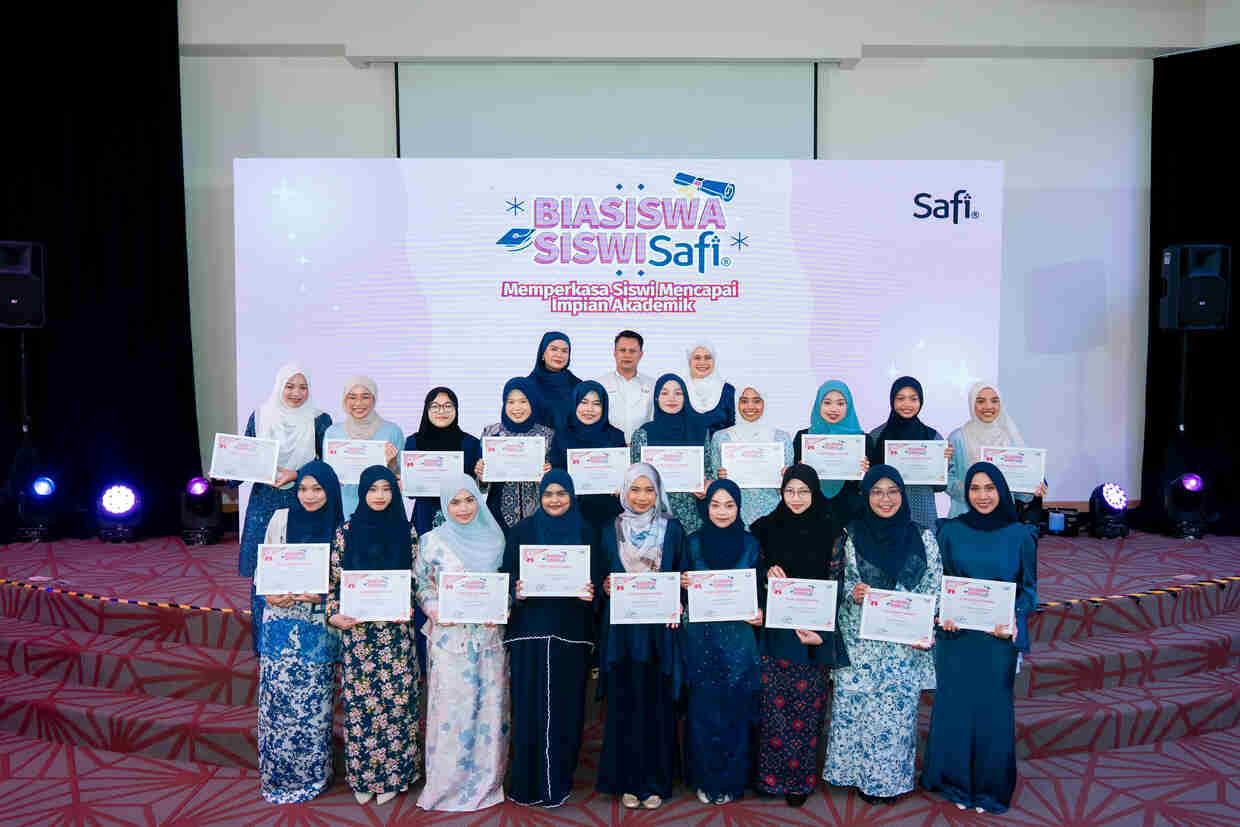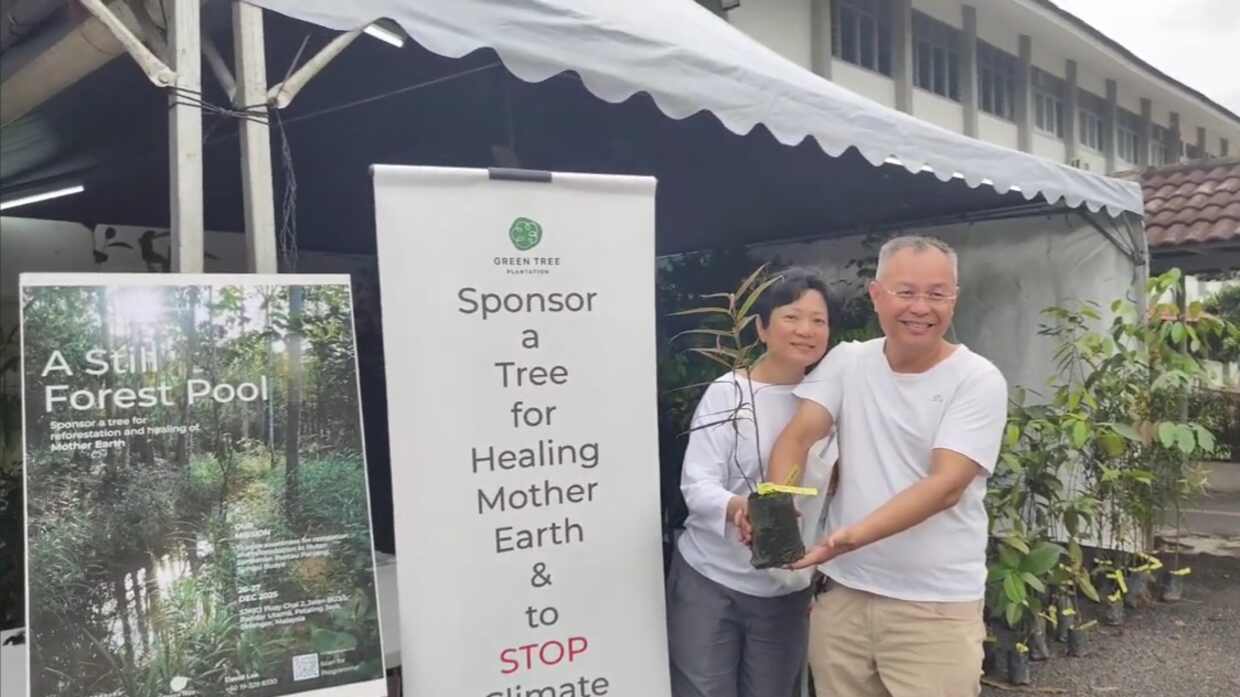by Christine Leong and Hedges Sun
They may have won a court case against government late last year, but their unprecedented legal triumph has made little change to the lives of the Orang Laut (sea settlers) in Kuala Masai, Johor.
Living east of the Straits of Johor, these indigenous people made headlines late last 
When the Orang Laut were evicted from their ancestral land Stulang Laut in 2002 for private property development and moved to Kuala Masai, they say the director of the Department of Orang Asli (JHEOA) had promised them water, electricity, houses and land.
They were also promised a church, and when that did not materialise, they had built their own, in 2005. A year after the completion the JHEOA and about 300 policemen tore down their house of worship.
According to Kelah Bin Lan, 31, the Orang Laut had felt like foreigners on their own land. He claims the director told them the Kuala Masai land belonged to the government.
They may have won in court, but they still have not been given their land.
“We have not been given any form of documentation (of land ownership). Everything is still in the process. It is a pyrrhic victory,” says Kelah.
The Orang Laut have been in Malaysia for generations. The sea is their livelihood, and they live on boats and in houses on stilts built on the water.
Development for whom?
However, the demolition of their chapel is not the community’s main concern; making ends meet daily proves an ardous enough task.
“The growing shipping activity and property development have polluted the sea and affected our livelihood,” says Wah bin Baji, the village representative.
Wah claims that industrial effluent from factories in Masai, Kuala Masai, and Taman Megah Ria are the major source of the pollution that has decimated sea-life in the area.
“Last time, we used to catch some 100kg of fish, but nowadays we can’t even catch 4kg,” Wah adds.
“To catch more fish, we now need to travel farther out to the deep sea and can no longer fish near the shores alone.
“But in order to do so, we need fuel, and the price of fuel has soared.”
According to Wah, a drum of diesel for fishing boats used to cost RM25, but is now some RM60.
The Orang Laut pay for water, electricity and buy their own boats.
Wah says the government has not provided them the most basic amenities, which is reasonable of them to expect, as citizens.
He also criticises government officials for what he describes as their fake promises.
“They said they want to help us, but at end of the day become rich off us,” he says.
Victims of racial politics
Wah’s fellow fisherman, Kelah, shares his opinion.
Kelah urges the government to include native customary rights when issuing ICs and birth certificates to native bumiputera.
“They should realise our rights. We are not chickens, to be moved here and there, we are humans,” he chastises.
Elaborating on their rights, he explains that the government changed their names on their identity cards and birth certificates by adding a ‘bin’ before their surnames.
But he says not all Orang Laut with a ‘bin’ to their name are Muslim, and this has caused them a lot of trouble, such as during the fasting month when they cannot be seen eating in public.











